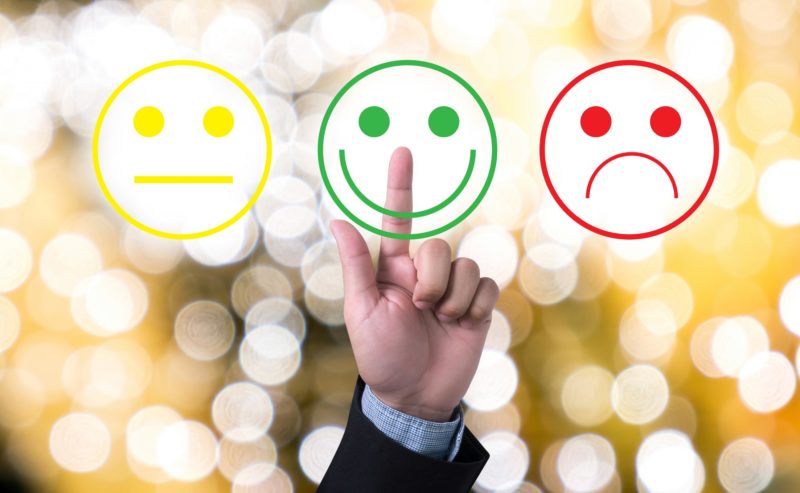Millennials grew up in the age of chat rooms and early social media sites, so it’s no surprise we have a heavy virtual presence as adults. We constantly surveil our friends’ lives through social media posts, assess potential partners on dating apps, and judge our own self worth by the number of likes received on our pictures. Thus, Millennials may seem to be overly concerned with appearances; we’re consuming images of our friends’ vacations and editing pictures of ourselves to be shared with our followers. But that’s all a mere façade — the number of likes, comments, and returned dating app messages we receive are really units of social approval, ultimately suggesting the outward appearance of our lives matters less than the metrics that determine our worth. Ultimately, Millennials care most about being valued, wanted, and accepted. It’s true for our social lives, and especially so in the workplace.
I know this firsthand because I recently quit my full-time job as a teacher. There’s an enormous ongoing debate about the essential nature of learning and how to do it safely: full-time in person, hybrid, or remote? There isn’t a one-size-fits-all answer, but some decision makers are reaching conclusions based solely on appearances instead of reality. For instance, my local administration claimed that while all students would learn best and be safest in remote environments, all teachers would work better and more efficiently if required to work in school every day, conducting remote lessons from their classrooms. These claims proved school officials valued optics and appearances over reality; everything would look close to normal if teachers filmed themselves conducting lessons from their desks, in their classrooms, providing lessons on the whiteboard. But as an actual teacher, I knew the reality of the situation would be quite different from its appearance. Teachers would be uncomfortable, conflicted, and unhappy. However, the public and students wouldn’t be able to see their teachers’ discomfort, internal conflict, or unhappiness during the virtual lessons. Instead, they’d see a teacher, a classroom, and a whiteboard as if everything was fine. Contrary to that false imagery, I did not feel appreciated or even remotely respected. I decided to leave my profession because the appearance of teachers being valued and happy in their classrooms did not match the reality. My employer’s desire to value optics over employee rights and safety forever changed the way I viewed them.
The appearance of your company should never be healthier than its reality. It’s fine to post pictures on social media of your sleek, open-concept office with smiling faces at every workstation if that’s the reality of your work environment. But if you actually have a handful of employees who are stressed out, working from home, trying to detangle the ever growing knot of work life and personal life, I suggest you portray it honestly and show your attempts to aid them or find a different angle to capitalize on, like new work-from-home benefits or company-wide virtual happy hours. Likewise, avoid sending empty emails or campaigns with slogans like, “We value you!” or “Diversity is important to us!” unless you’re actively taking steps to practice those platitudes. Maintain integrity by keeping appearances genuine. If portraying your company honestly feels unexciting, lackluster, or even unappealing, then it’s time to reevaluate. When is the last time you sent a survey asking for employee feedback on company practices and procedures? And, more importantly, what did you do with the results?
Millennials change jobs more than any other generation, and though they may seem to value appearances above all else, they really need to feel valued in order to stay with a company. What can you do for your employees to show you value them and wish to maintain those relationships?
-The Soph in Sophelle, 9/8/20
Read More
Retail is transforming, how we consume is evolving, and “normal” will never be the same. For a Millennial’s outlook on retail in the age of COVID read The Soph’s take on all things retail.
The Millennial Report: Expired Goods
Speaking Up and Standing in Solidarity




